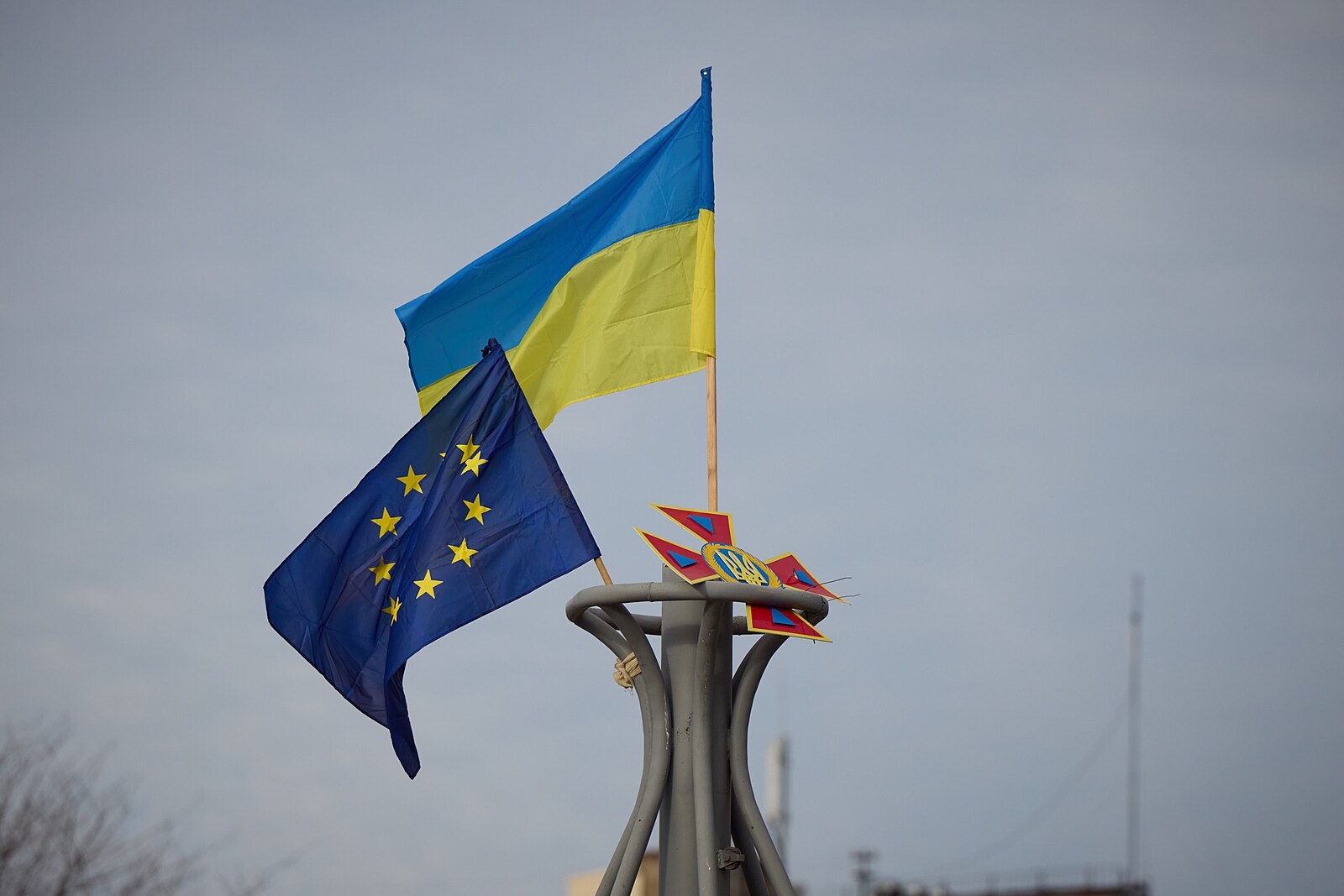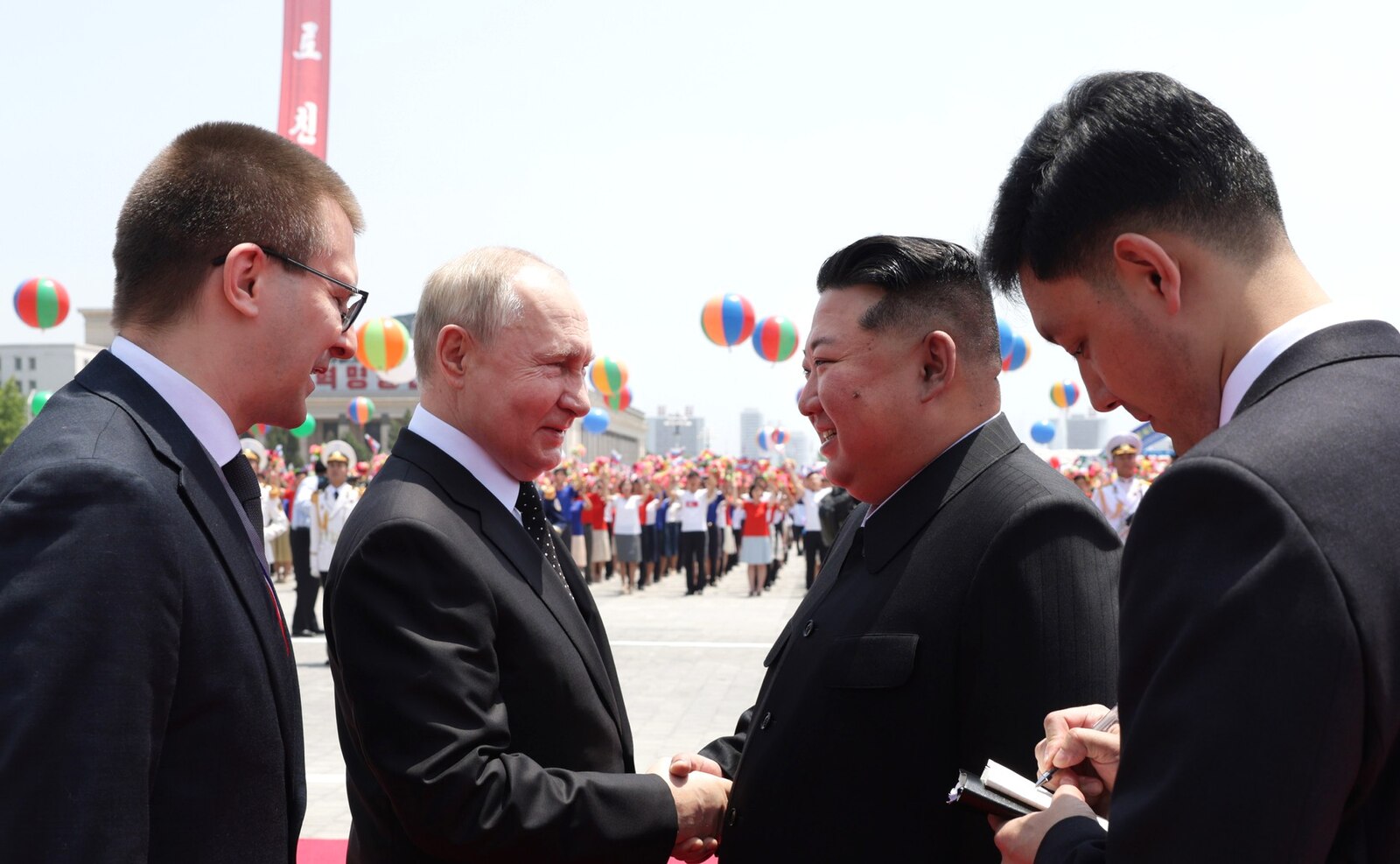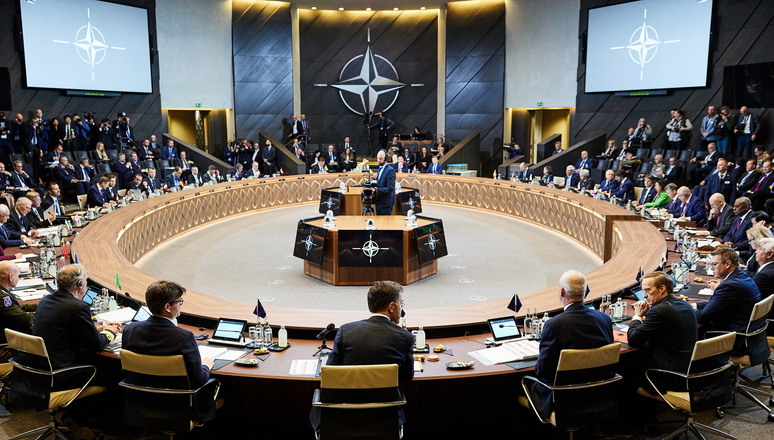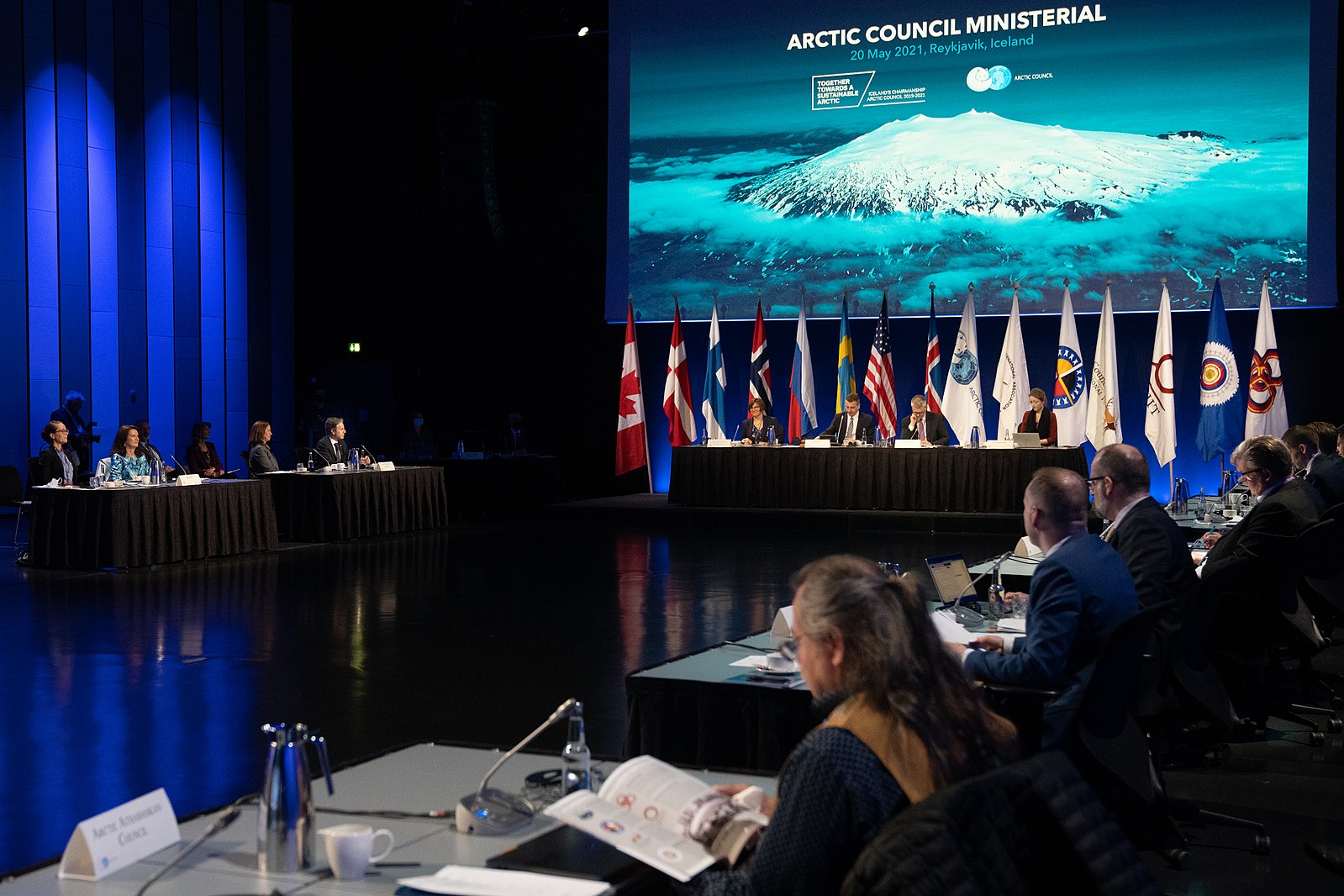The Salt Typhoon incident is a sobering reminder of the risks posed by cyber-espionage campaigns, but it also presents an opportunity to reshape the telecommunications industry’s approach to cybersecurity.Read more...


The Salt Typhoon incident is a sobering reminder of the risks posed by cyber-espionage campaigns, but it also presents an opportunity to reshape the telecommunications industry’s approach to cybersecurity.Read more...


The American Security Project is pleased to announce the appointment of Matthew Wallin as the organization’s new Chief Executive Officer, effective immediately.Read more...

As the new Trump administration prepares to take office in January 2025, uncertainty about the president-elect’s stance on support for Ukraine looms large. European nations must urgently craft strategic policies to show that they are willing to stand behind Ukraine for the long haul, even if the U.S. is not. It can be done through aggregate efforts in economic, military, and informational domains. Read more...

On December 6th, ASP Board Member David Wade published an op-ed in The Hill analyzing U.S. AI competition with China, which recently unveiled its "DeepSeek" AI program.Read more...

On November 1st, the United States and Republic of Korea signed a Memorandum of Understanding on Principles Concerning Nuclear Export and Cooperation, a provisional agreement to “promote the expansion of peaceful nuclear energy.” This agreement will facilitate research cooperation, which can tackle some of the largest issues in nuclear power, while simultaneously bolstering each countries’ economic security. Read more...

The potential deployment of 100,000 additional North Korean troops to Russia benefits both countries in different ways, including by boosting Russia’s manpower and potentially creating an avenue for sharing highly sensitive nuclear technology. Meanwhile, the West can take various actions to mitigate the likelihood of the Ukraine conflict becoming a world war.Read more...

While its member states are taking their own steps to contain Russia in its war with Ukraine, NATO must pursue a multilayered overall approach to further inhibit the Russian war machine. In doing so, the alliance must take into account the differing political interests of its members, as well as all possible outcomes of the plan, including direct conflict with Russia.Read more...

Starting this winter, “AI Imperative 2030,” a new initiative of the non-partisan national security think tank American Security Project, aims to inform and elevate vital public discourse on United States-China competition in artificial intelligence.Read more...

The Arctic Council's mandate is increasingly under threat due to climate change and military competition. Denmark and the Scandinavian countries alike should emphasize Arctic societal security as a main concern to bypass the standstill. Read more...